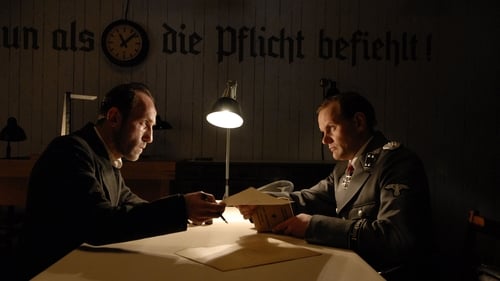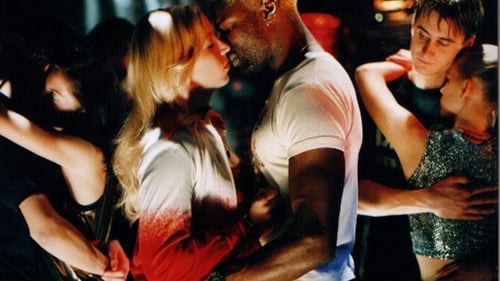
Production Manager
The story Jewish counterfeiter, Salomon Sorowitsch, coerced into assisting the Nazi operation of the Sachsenhausen concentration camp during World War II.

Production Manager
Evi, a young single mother, works as a seasonal waitress in a winter sports village. She is young and wants to live on the edge and get all the enjoyment she can out of life. When she drinks, Evi feels completely herself, free and inhibited. But her excesses reveal themselves to be the ticking of a time bomb.

Production Manager
Two young girls who live in a small town in Lower Austria dream of America, men and love. They live in Ternitz, they dream of Tennessee.

Production Manager
Honest cop Rudi is a new member of a police unit commanded by his brother-in-law Otto which deals with foreigners. Rudi falls in love with Alena, a young Czech living illegally in Austria

Producer
Black snow and a grey sky. A young bank robber takes a man as hostage who has been prevented from committing suicide; he is also encumered by a charming, self-willed woman witness . . . But no matter how he tries to extract himself, the three of them are stuck with each other.

Producer
Two young Europeans - Eva, a journalist, and her cousin, Mike, a filmmaker, want to make a film about the secret cult of the Makonde in Mozambique: "Magic Africa". On the hunt after the secret cult, Eva becomes aware of the heritage of colonialism: unemployment and civil war. Mike has only one thing in mind - to sell their travel film.

Executive Producer
The main themes of this film are WAR - FLIGHT - FAMINE - DISEASE from the viewpoint of children.
Refugees from Afghanistan, Palestine, Nicaragua and Cambodia. Military training of Persian and Cambodian (refugee) children in camps.
The soundtrack accompanying these frames consists of poems which prisoners scratched on the walls of their cells before they were executed.

Executive Producer
Vienna in the early eighties: After a suicide attempt, Tina, who comes from a middle-class family, is hospitalized in a psychiatric ward. There she gets to know Gerhard, an apprentice plumber, who also wanted to do away with himself. He comes from a working class family. They fall for each other.
A modern love story which is set inside the real life circumstances of the closing of the alternative Youth Center "Gassergasse" in Vienna.

Executive Producer
Judit is up to her neck in art studies and the elitist art community but chucks it all to pursue a successful career as a billiard professional -- not exactly a likely alternative in real life, but certainly more lucrative. Just as she is finally at the apex of her chosen second field, Judit encounters male jealously and/or aggression in the form of intentional snubs from this different class of snobs, or in the worse instances, rape. Director Kitty Kino portrays many of the male figures in this film as weak, or drunk, or simply offensive, and because of the emphasis on those traits, the film will raise objections from some viewers. On the other hand, many women might see this film and feel that at least it brings up the difficulties women can face in getting ahead in a male-dominated arena, instead of side-stepping or ignoring the role of male prejudice.

Executive Producer
Karl Hirnschall is in his thirties and is a member of a Viennese avant-garde theatre group in the early seventies. When he is finally fed up with acting for low fees, he goes back to his former life. He becomes the "right man" for a grocery firm whose products he sells with great success. The neo-salesman manages to acquire a furnished appartment for himself and his young girlfriend, Traude. When his income does not keep pace with his expenditures, Karl resorts to shady business deals.

Production Manager
The authentic story of Maria Zechmeister who lived in an Upper Austrian village and was convicted of the murder of her husband. There was no evidence and no confession. Only rumors. Maria and the witnesses re-enact the trial before the camera. They tell about the marriage, the time the husband was a prisoner of war and his return from captivity. If he really had been poisoned or if she was a victim of injustice remains open. Maria Zechmeister was pardoned after serving 17 years in prison and lives in an isolated house at the outskirts of the village.










